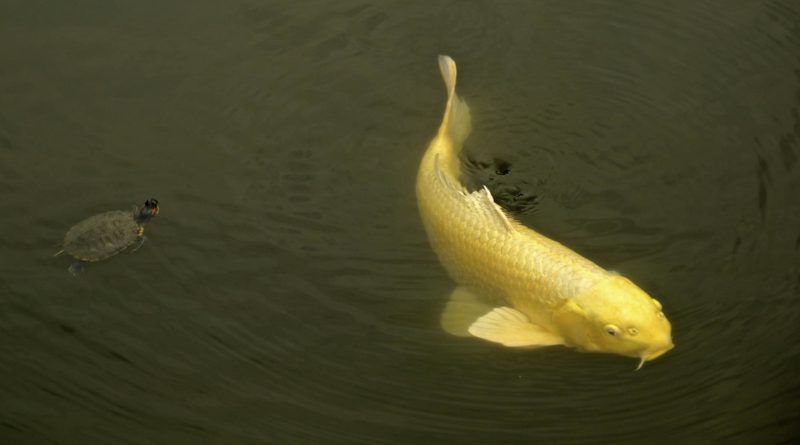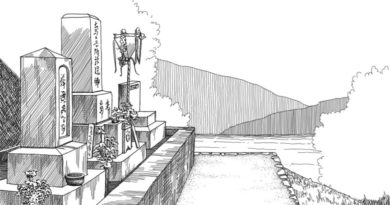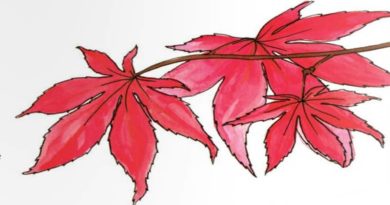Recovering Hiroshima
Well then, here you are. But where is that?
As always, it depends whom you ask. For reasons both obvious and less so, the name Hiroshima has a great many associations for different people. It’s a name with a story attached, far more familiar beyond Japan’s borders than the names of larger cities. Hiroshima’s name is shorthand for destruction on a scale that mocks any response save despair.
I hope, though, that when you leave our city you’ll carry away more than a memory of grim museum exhibits, or tarnished plaques with images of shattered buildings. Hiroshima survives, and a vital part of the city’s recovery, the recovery of its name, lies in the stories travelers take home with them, wherever home is. Not to forget what happened here, but to complete that story.
So again, where are you? Ask a local and chances are they’ll launch into a stock recitation of the city’s virtues. They’ll point to Hiroshima’s size, ideal for a well-ordered life. The triple blessing of mountains, rivers and sea. Dig a little deeper, and you’ll hear about the friendliness of the people. They’re right about that. At its best, the local character is as boisterous and forward as Osaka’s, without that larger city’s potential for cold-bloodedness. You may hear about the drowsing feudal capital grown into a roaring industrial center, or its role as a major port on the Seto Inland Sea. They’ll certainly mention the food, the okonomiyaki, oysters and prizewinning sakes.
What’s most important isn’t what they’ll tell you, but how it’s told. The people of Hiroshima are passionate about their hometown. I’ve known people who, on returning home after time away, find themselves in tears outside Hiroshima Station at the soundof so many voices speaking the local dialect, every bit as piquant as the sounds of Brooklyn or Glasgow and associated in most of Japan with old gangster films.
I love this city. Like any place, there are days when it will bring you to the brink. But when the local trio Perfume took the microphone at New Year’s Eve on NHK’s Red and White Singing Contest and asked, “Hiroshima, are you watching?” I was on my feet, albeit unsteadily from the sake, shouting, “I’m watching! I’m here!” Embarrassing, of course, but this town gets under your skin. I came intending to stay one year. That was fourteen years ago. I’m grateful, after a rootless childhood, to have found a home here.
But I do envy the traveler.
Frankly, there’s not much to see, in the Fodor’s sense of the word. The upside to that, of course, is that there’s no programmed itinerary to come between you and the town. Don’t think for a moment that there aren’t experiences to be had. The guidebooks will lead you to the approved tourist sites, tell you when the festivals are and how to find them. Locals will tell you more if you ask. But why stop there? After you’ve ticked off Peace Park and Miyajima (you will visit Miyajima, if you’re smart), go find Hiroshima yourself. Consider yourself charged with the task of going out and recovering some small piece of Hiroshima to take home with you. The city really is the perfect size, so feel free to wander. Hop a streetcar and get off when things look interesting. Walk the streets until you find the right door to open. Get yourself good and lost. There’s always a taxi at the next corner, or the one after that.
And relax. This isn’t Kyoto; you don’t have twenty things to see before nightfall. You don’t need to be on the far side of Tokyo thirty minutes from now. This is Hiroshima. Sit by the river drinking in the day, or in a coffee shop overlooking Hondori, and let the world slide by for a while. When you’re done, head out for a beer. Ask where’s good. Just don’t blame me if some local kidnaps you for the night and takes you to places you will never, ever find again if you go looking on your own.
That’s about it, really. We’re glad you’re here. Hiroshima is a work in progress and for the next day, or week, you’re a part of it. We all have our favorite places, that one view of the city that makes it so hard to leave. Get out there and find your own, and tell us about it. Then go home and tell all of them, too. Tell them the best monument to Hiroshima is the sound of the city at night, playing the last grace notes of another day on earth. And enjoy yourself.
Read more by Matt Mangham here.





